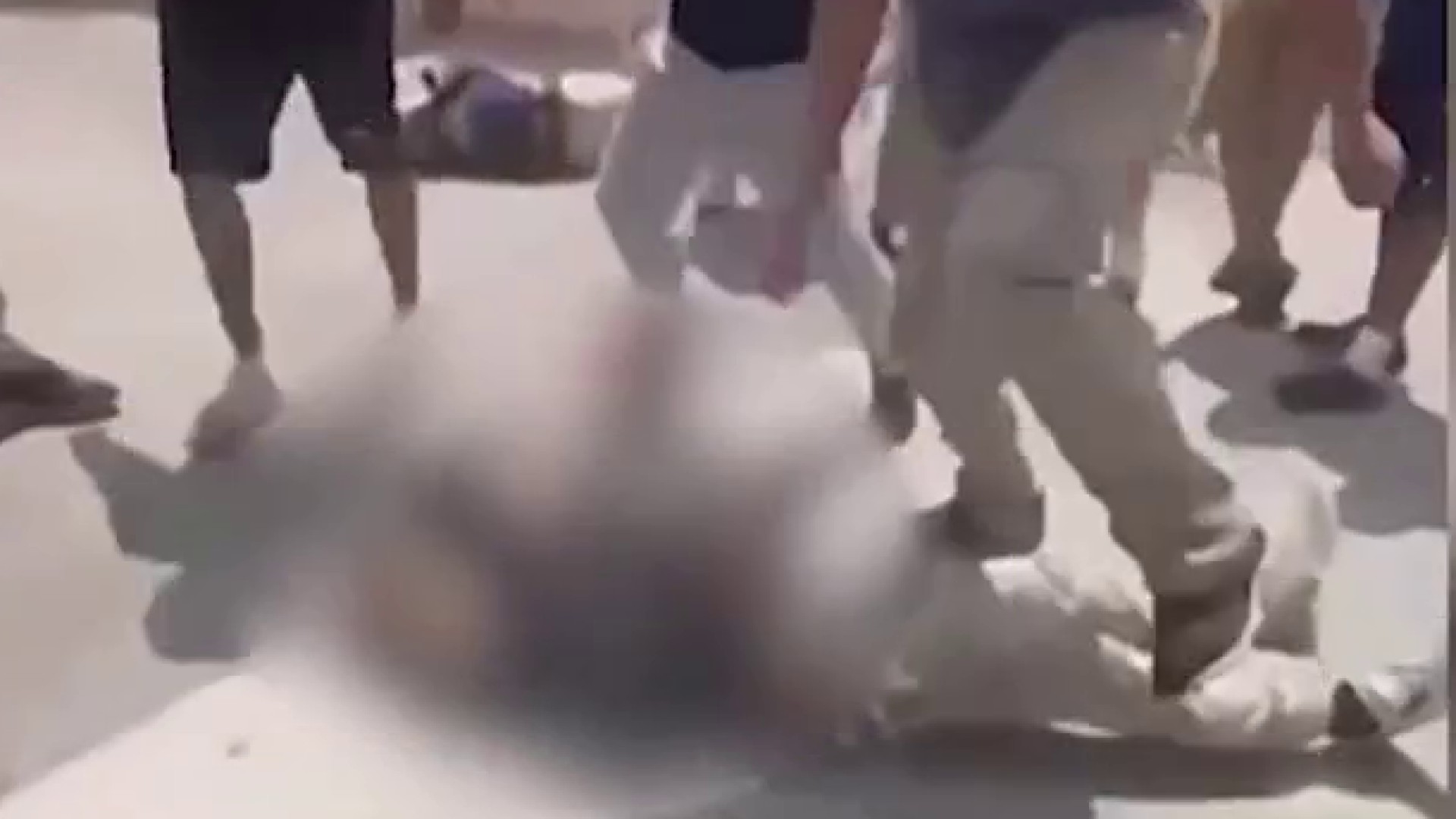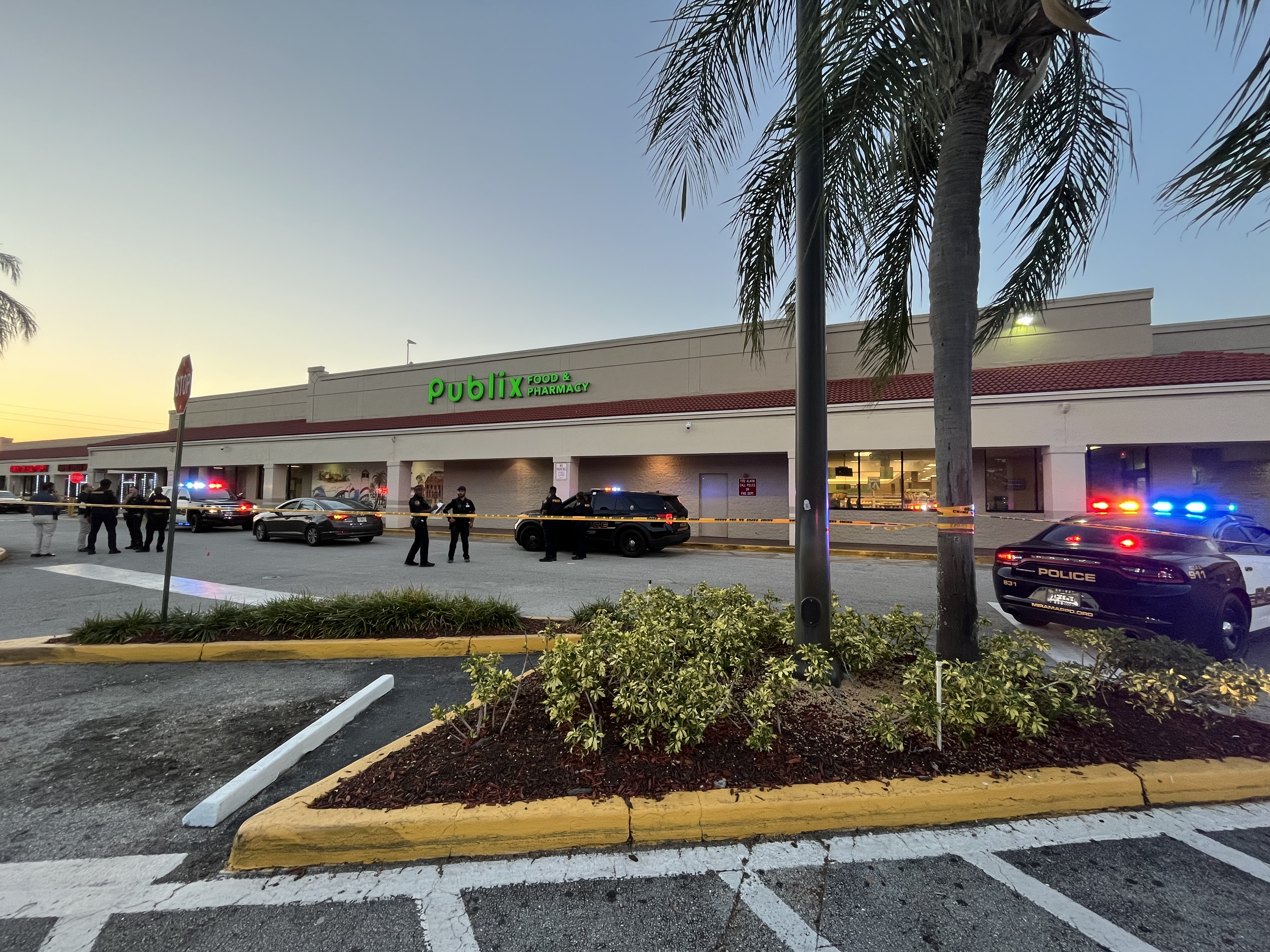Zola Keller is a busy woman. She spends her days selling special occasion dresses at her shop on Las Olas Boulevard. She works hard for her money and fights for what she thinks is right.
“It just makes me angry,” she told NBC 6. “I don’t like when things are unfair.”
In 1991, Zola and her late mother used $15,000 as collateral for a line of credit with Flagler Federal. In turn they were given a lower interest rate on a loan, while the money they put down as collateral was supposed to be growing.
“It was supposed to be as a certificate of deposit, that’s the way I understood it to be,” she said.
Flagler Federal became First Union, which then turned into Wachovia. Zola said she first started asking questions about the secured line of credit back then and even hired an attorney to help.
“They ignored us for a while,” she said.
But in 2010, Zola received a series of responses from Wachovia, saying they keep certain records for up to 10 years. One of the letters said they searched their records and could not find anything showing that the line of credit “is currently secured by any depository account,” adding that they “surmise” that any CD used to secure the line “…was closed by one of the owners outside the time frame”.
Local
“I have to prove to them that I didn’t take the $15,000,” she said. “It’s not right. It’s just not right.”
Meantime, Zola said her line of credit was showing up on Wachovia statements as secured. That bank eventually merged with Wells Fargo. Zola’s concerns grew when she noticed references to the line being secured were dropped.
“Where did it go?” she said. “You can’t pull something away after 20 years saying you had it, now you don’t have it. How do you do that?”
NBC 6 Responds took her concerns to Wells Fargo and the bank said they’d look into the situation.
A few weeks later, Zola told us the issue had been resolved and she was happy with the end result. She signed an agreement preventing her from disclosing any details, but she had previously told NBC 6 she would keep fighting unless the bank returned her $15,000.
Wells Fargo didn’t offer specifics on what happened with Zola’s account for “privacy and confidentiality reasons,” adding: “We have reached out to her regarding her concern, and we consider the matter closed.”
If you have money invested, check your accounts regularly.
Manuel Lasaga, a professor at FIU’s Department of Finance, said he recommends taking it a step further and actually saving periodic printouts of your investments and accounts. That way it’ll be easier to trace your money if any questions arise.



